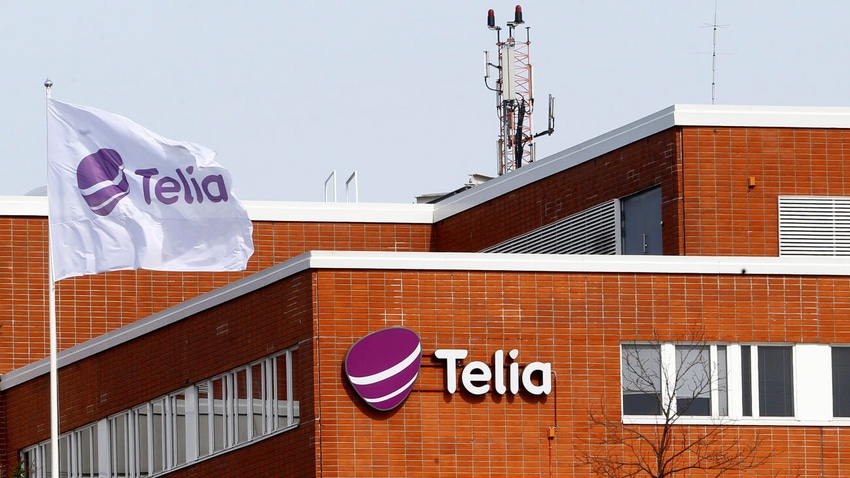Eurobites: Telia seals Danish deal with Norlys
In today's EMEA regional roundup: EE reveals 3G switch-off details; Ooredoo trumpets 50G PON; iPhone 12 radiation scare latest

Also in today's EMEA regional roundup: EE reveals 3G switch-off details; Ooredoo trumpets 50G PON; iPhone 12 radiation scare latest.
Nordic operator Telia has entered into a final and binding agreement to sell 100% of its Danish operation to Norlys for 6.25 billion Danish kroner (US$894 million), a valuation equivalent to 8.9 times Telia Denmark's reported EBITDA (earnings before interest, tax, depreciation and amortization). Norlys, a Danish company, currently offers Internet and pay-TV services, as well as gas and electricity. Telia says that the deal is in line with its strategy to "focus on markets in which there is a clear path to securing and defending leading market positions."
EE, the UK mobile operator owned by BT, has revealed more details of its planned 3G switch-off following its pilot in the northern English town of Warrington over the summer that, says the operator, brought forth no complaints about network coverage or performance. The switch-off begins in January 2024, and EE hopes to have the whole thing done and dusted by March, which sounds ambitious. To help push the process along, EE says it will make sure those of its customers who are registered as vulnerable will be offered a free 4G-ready phone, or discount on a monthly plan if they prefer to buy their own handset. (See VMO2 sunset in 2025 will mark end of 3G in UK.)
Qatari operator Ooredoo is claiming a world first with its launch of 50G PON connectivity for consumers. The technology, says Ooredoo, enables consumers to use high-bandwidth, latency-sensitive applications such as 8K-interactive video applications, online collaboration and coordination solutions, 3D cloud design and high-graphic/high-quality AI applications.
The Belgian government has asked Apple to issue an iPhone 12 software upgrade across the entire European Union following the Californian company's upgrade for French users in response to a radiation scare, according to a Reuters report. The Agence Nationale des Fréquences (ANFR), France's national spectrum agency, had demanded that Apple immediately withdraw its iPhone 12 from the French market, as the agency's measures showed the phone's specific absorption rate – a measure of the rate at which energy is absorbed by a human when exposed to a radio frequency's electromagnetic field – exceeded regulatory limits.
Nokia has integrated its AVA Data Suite with Google Cloud, helping service providers, says the vendor, to standardize data and pave the way for the development of AI/ML software applications. AVA Data Suite works in conjunction with Nokia's AVA Open Analytics, an automation framework intended to help service providers move away from centralized "data lakes."
Ericsson and MTN Benin are working together to recycle the operator's obsolete electronic and electrical equipment as part of Ericsson's Product Take-Back Program. Since 2021, the partnership has resulted in the collection, decommissioning, transportation, and recycling of over 123 metric tons of such waste, says Ericsson.
Vodafone has created an augmented reality app for users of the Audi electric-vehicle charging hub in Nuremberg. The hub, which is well swanky and designed to offer smug EV owners a "premium charging experience," offers workstations, a bookable meeting room and, more importantly, snacks and hot drinks. The interactive app, says Vodafone, recognizes what the guest is looking at and can overlay additional digital information.
About the Author(s)
You May Also Like












